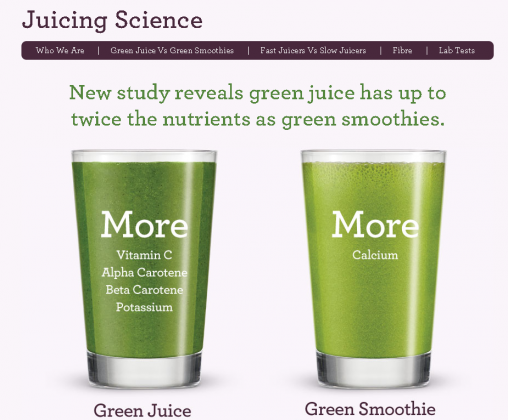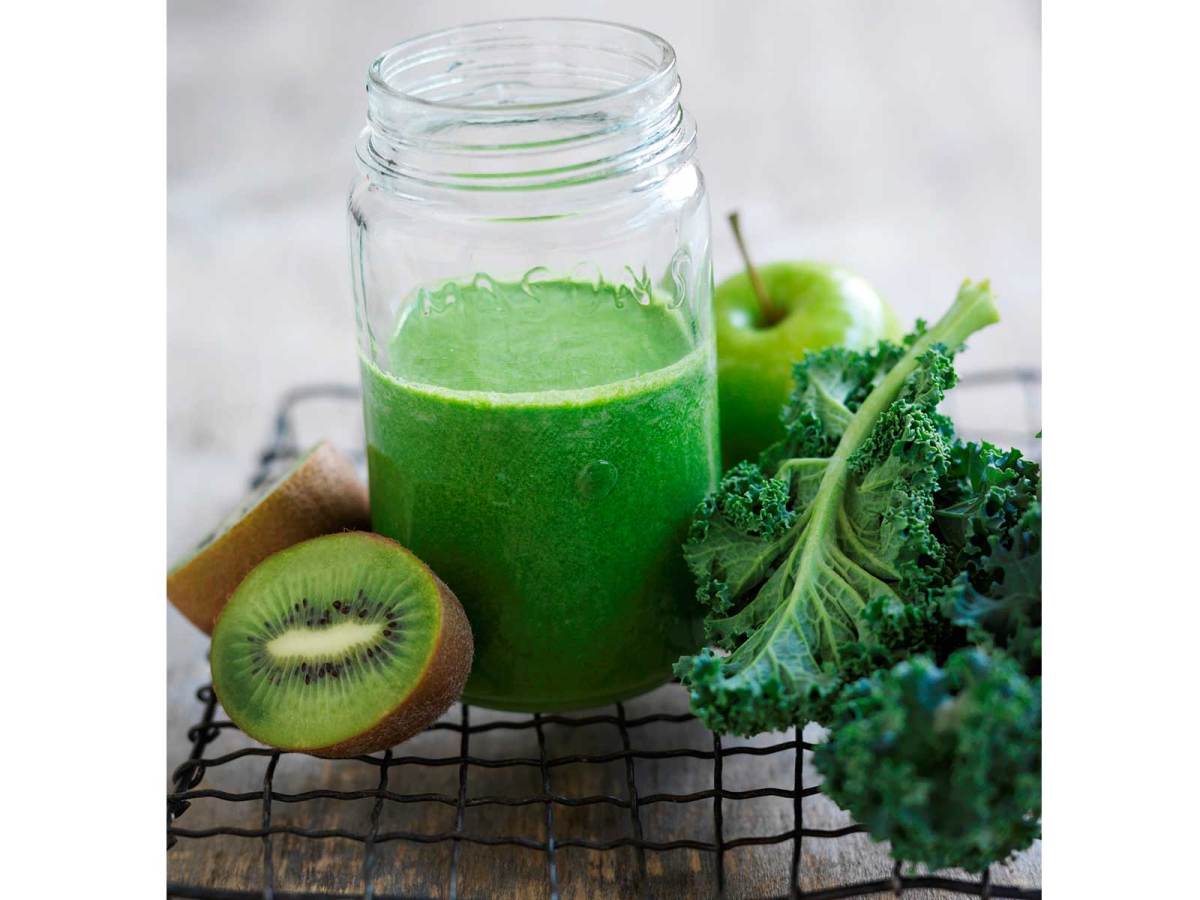Green juice or green smoothie? Fast juicing or slow?
With the health and wellbeing trend driving strong sales in juicers and blenders consumers are often faced with confusing and contradictory claims about the health benefits of products.
After years in the juicing and blending game, Breville general manager of marketing Scott Brady and Richard Hoare, Breville’s design and innovation director, have created a new website to test some of the health claims attached to certain products and methods of juicing and blending.
“As we talk about on the site we have seen people struggle with health issues on a personal level and we have been actively juicing and blending for many, many years,” said Brady.
“I think a lot of it started as just our own curiosity, that we kept seeing and hearing so much information and then seeing how contradictory it was. We tried hard to get to the bottom of it.”
The more they looked into claims the more they found some weren’t actually based on all that much research, which led them to commission their own studies from the Australian Government National Measurement Institute. The full results and findings have been made available to the public.
Free from any branding, the site makes clear the pair work in the product development team for Breville, but that they aren’t trying to sell anything.
The website states: “And yes, this is a juicing and blending website that’s really not trying to sell you something. This site is about real science, to help empower people to make better nutritional choices.”
Brady said being honest with consumers was the best way to gain their trust in this area.
“We want people to know we do work for Breville and therefore we are going to have some inherent biases, but the thing about Brevillle is that it sells a lot of blenders and juicers and there really isn’t much of a motive for us to try and push somebody one way or another.”
Brady said that many of the misleading claims originated from manufacturers that only had one kind of product in the market.
So far the feedback since the site launched has been positive, Brady said. There are plans to publish videos in response to consumers asking for shorter pieces of content.
So, what’s the biggest myth in the market?
“The single biggest myth is probably that fast juicers create heat and therefore they give you juice with less nutrition. We can’t find any evidence or haven’t been able to replicate that across hundreds and hundreds of scenarios and laboratory tests. We don’t think that there is really any truth to that at all, but that is just something that has been totally fabricated.”
And the second biggest myth?
“The second biggest myth is probably that green smoothies are more nutritious or lower in sugar than green juice. The reality is that they are actually both really good for you and, that if anything the juice is a little bit more concentrated in the vitamins and minerals.”

With so many different sources of information floating around about the health benefits of appliances, retailers should be wary of the information they give consumers, lest they be unintentionally misleading.
Brady provided the following advice for retailers:
“I think that the best way not be misleading is say ‘there is no miracle cure to health.’ It’s a balanced diet and about getting lots of fruits and vegetables in whatever format you can.
“Really the healthiest solution is one that you are going to use really often. A lot of consumers buy health and wellness products because they had a short term motivation to do something positive in their lives and then they end up using it for a short period of time and putting it in the cupboard so it’s important to ask that consumer ‘look, is this something you are going to use often?’
“Overall green juice is probably is slightly more concentrated in nutrients than green smoothies but other than that when you are choosing what kind of products you’re going to get those nutrients from, choose one that is practical for your life. I think that is the most important thing.”

